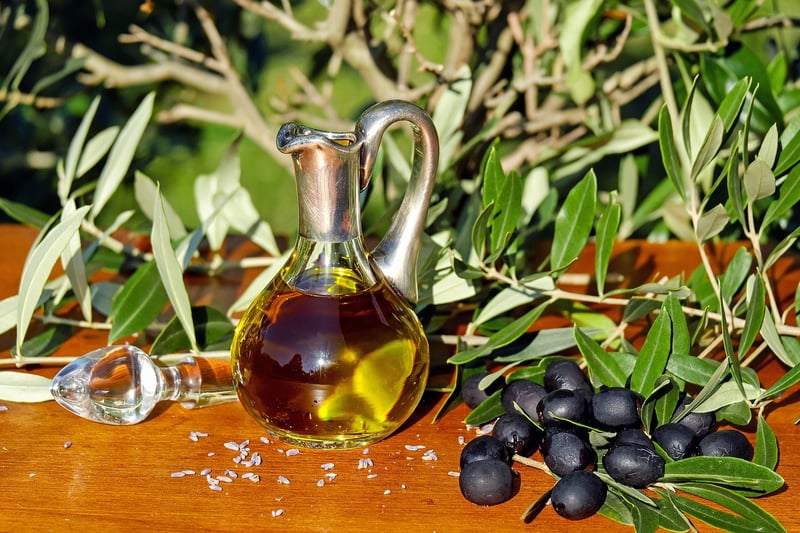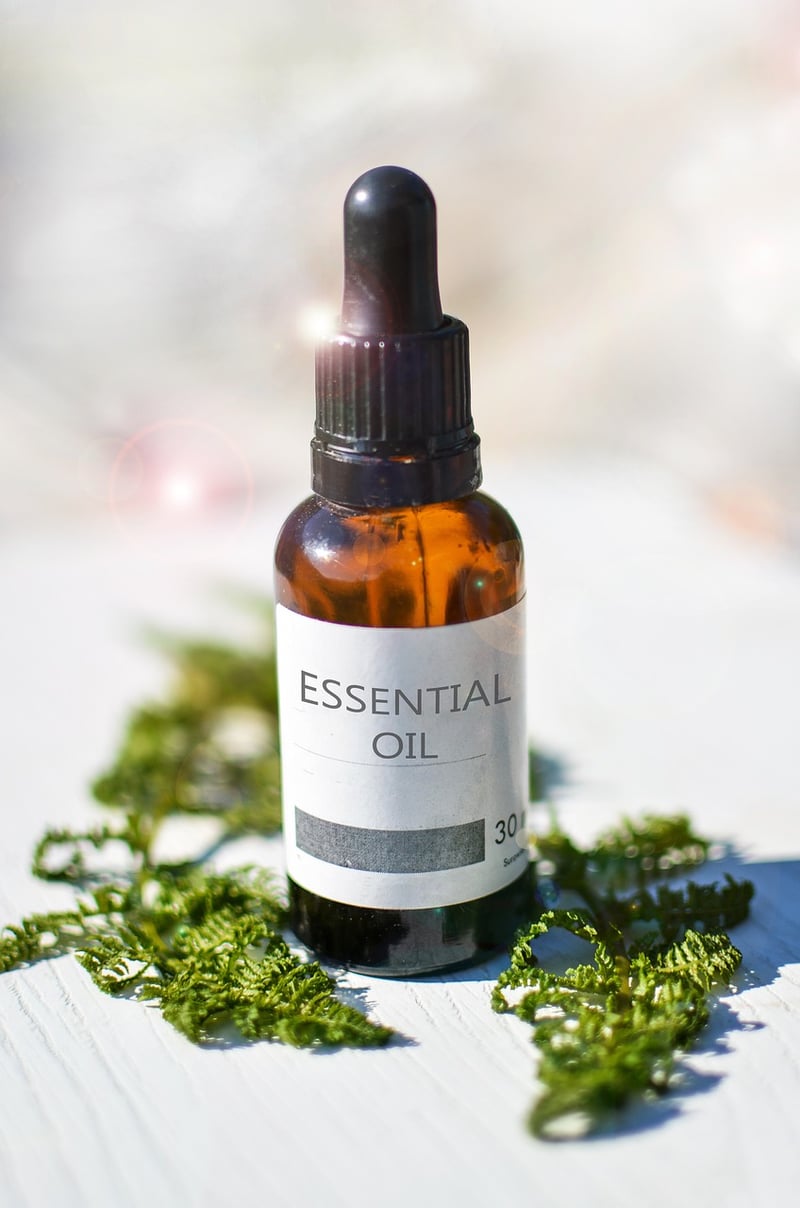Essential Oils Guide
The Power of Alternative Medicine and Healing Practices: An Essential Oils Guide
In today's fast-paced world, many individuals are turning to alternative medicine and healing practices to improve their well-being. One popular form of alternative medicine that has gained widespread attention is the use of essential oils. These oils, extracted from plants, carry the essence and aroma of their source and are believed to have various therapeutic properties.
What are Essential Oils?
Essential oils are highly concentrated plant extracts obtained through processes like distillation or cold pressing. They capture the plant's scent and flavor, or "essence," hence the name essential oils. These oils are commonly used in aromatherapy, a holistic healing treatment that uses natural plant extracts to promote health and well-being.
Benefits of Essential Oils
Essential oils are known for their versatile uses and potential health benefits. Some common benefits of essential oils include:
- Stress relief and relaxation
- Improved sleep quality
- Boosted immune system
- Reduced inflammation and pain relief
- Enhanced focus and concentration
Popular Essential Oils and Their Uses
There is a wide variety of essential oils available, each with its unique aroma and potential benefits. Some popular essential oils and their common uses include:
- Lavender: Known for its calming properties, lavender oil is often used to promote relaxation and improve sleep quality.
- Peppermint: Peppermint oil is popular for its refreshing scent and is believed to help alleviate headaches and boost energy.
- Tea Tree: With its antibacterial and antifungal properties, tea tree oil is commonly used for skin conditions and as a natural household cleaner.
- Lemon: Lemon oil is refreshing and uplifting, often used to enhance mood and as a natural disinfectant.
- Eucalyptus: Eucalyptus oil is known for its respiratory benefits and is commonly used to relieve coughs and congestion.
How to Use Essential Oils
Essential oils can be used in various ways to experience their benefits. Some common methods of using essential oils include:
- Aromatically: Diffusing oils using a diffuser to fill the air with a pleasant aroma.
- Topically: Diluting oils with a carrier oil and applying them to the skin for absorption.
- Internally: Ingesting oils in small amounts under the guidance of a qualified practitioner.
Caution and Considerations
While essential oils offer many benefits, it is essential to use them with caution. Some oils may cause skin irritation or sensitivities, especially when used undiluted. It is recommended to perform a patch test before using any new essential oil and consult with a healthcare provider, especially for pregnant women, children, or individuals with medical conditions.
Overall, essential oils are a natural and versatile way to incorporate alternative medicine and healing practices into your daily routine. With a wide range of oils to choose from and various methods of use, essential oils can be a valuable addition to your wellness toolkit.

Explore the world of essential oils and discover the benefits they can bring to your life!
References:
